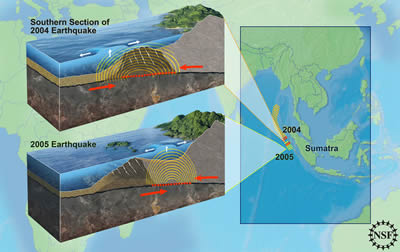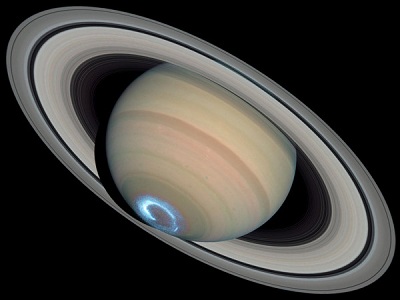Explore Saturn

The Giant planets do not have the same layered structure that the terrestrial planets do. Their ...
Read more
The dramatic appearance of Saturn stems mainly from the spectacular rings. What is visible ...
Read more
Saturn's magnetosphere is not as big as Jupiter's, but is very large nonetheless. It extends ...
Read more
Saturn has the largest, most complex, and best-known ring system in our Solar System. ...
Read more
There's a lot of strange and interesting stuff going on at both the North and South Poles of ...
Read more
All of the relevant information about Saturn collected on one page, including details about size, orbit ...
Read more
The planet was named after the Roman god, Saturn, the god of agriculture and the harvest. ...
Read more
A table containing information about the spacecraft that have visited Saturn ...
Read more
Access wonderful captioned photos and illustrations that will inspire and excite you. ...
Read more
These are links to other great web sites about Saturn. But beware: you don't want to get caught ...
Read more
Did you know?
Did you know that different cultures imagined
different constellations, based on their own cultural context?
Did you know that many cultures have studied the heavens in the past?
Earth and Space Science Concept of the Day
Do you know what this word or phrase means?
Plate tectonicsxPlate tectonics : The theory supported by a wide range of evidence that considers the Earth's crust and upper mantle to be composed of several large, thin, relatively rigid plates that move relative to one another.
Click on the word to find out!
Research Highlights
Sumatra experiences frequent seismic activity because it is located near the boundary of two of Earth's tectonic plates. Earthquakes occur at 'subduction zones,' such as the one west of Indonesia, when...
Read more








